This learning area is a core subject for Grade 11 students. It focuses on the development of reading and writing skills as applied to a wide range of materials other than poetry, fiction, and drama.
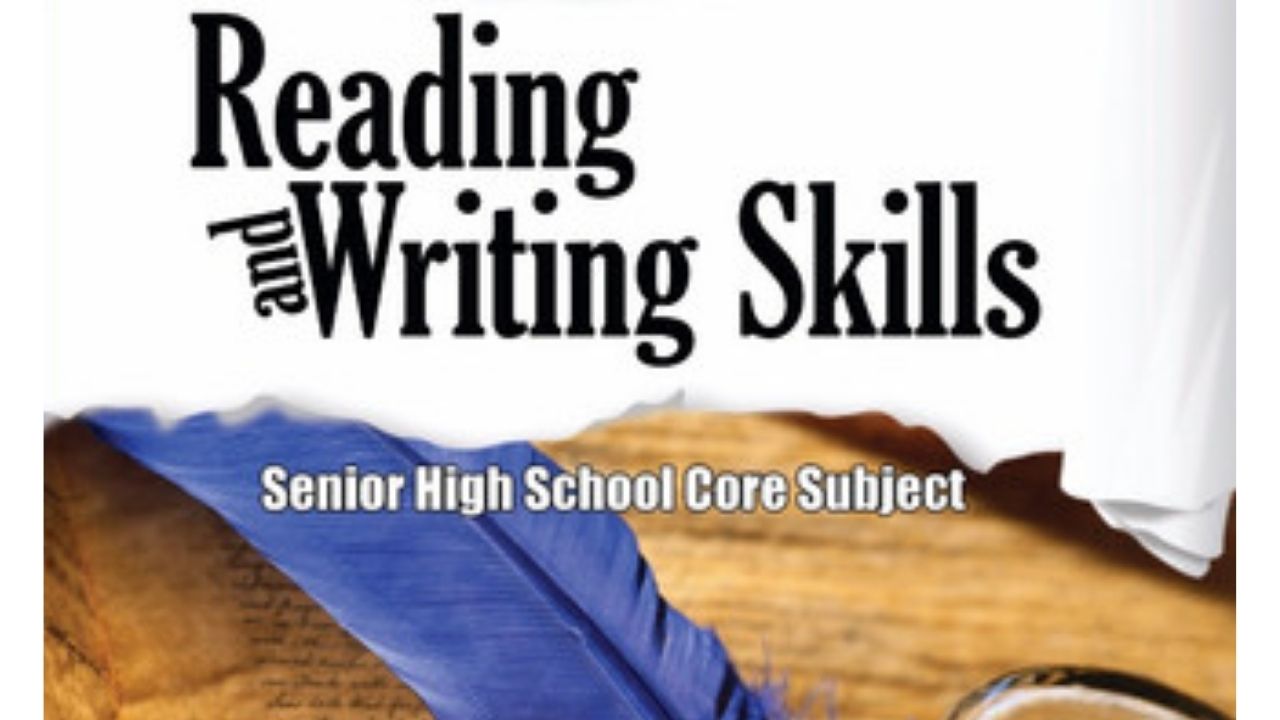
At the end of the course, students must know how to find the mean and variance of a random variable, to apply sample distributions, to estimate population mean and proportions, to perform hypothesis testing on population, and to perform correlational analyses on real – life problems.

Deskripsyon ng Kurso: Pag-aaral sa proseso ng pagbasa at pagsusuri ng iba’t ibang anyo at uri ng teksto na nakatutulong sa pagbuo at pagsulat ng sistematikong pananaliksik.
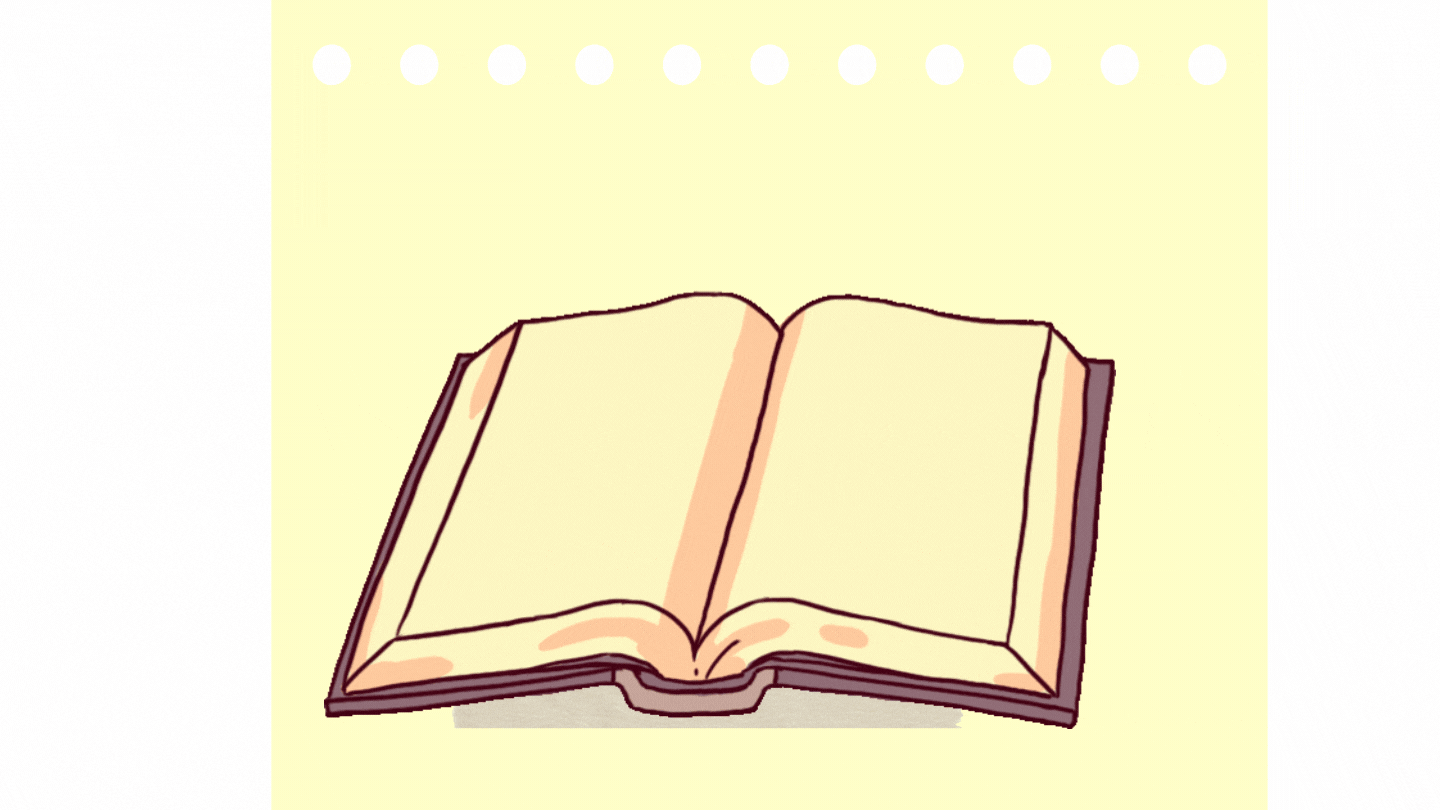
Study and appreciation of the literature of the region where the school is in relation to the literature of the other regions of the country.
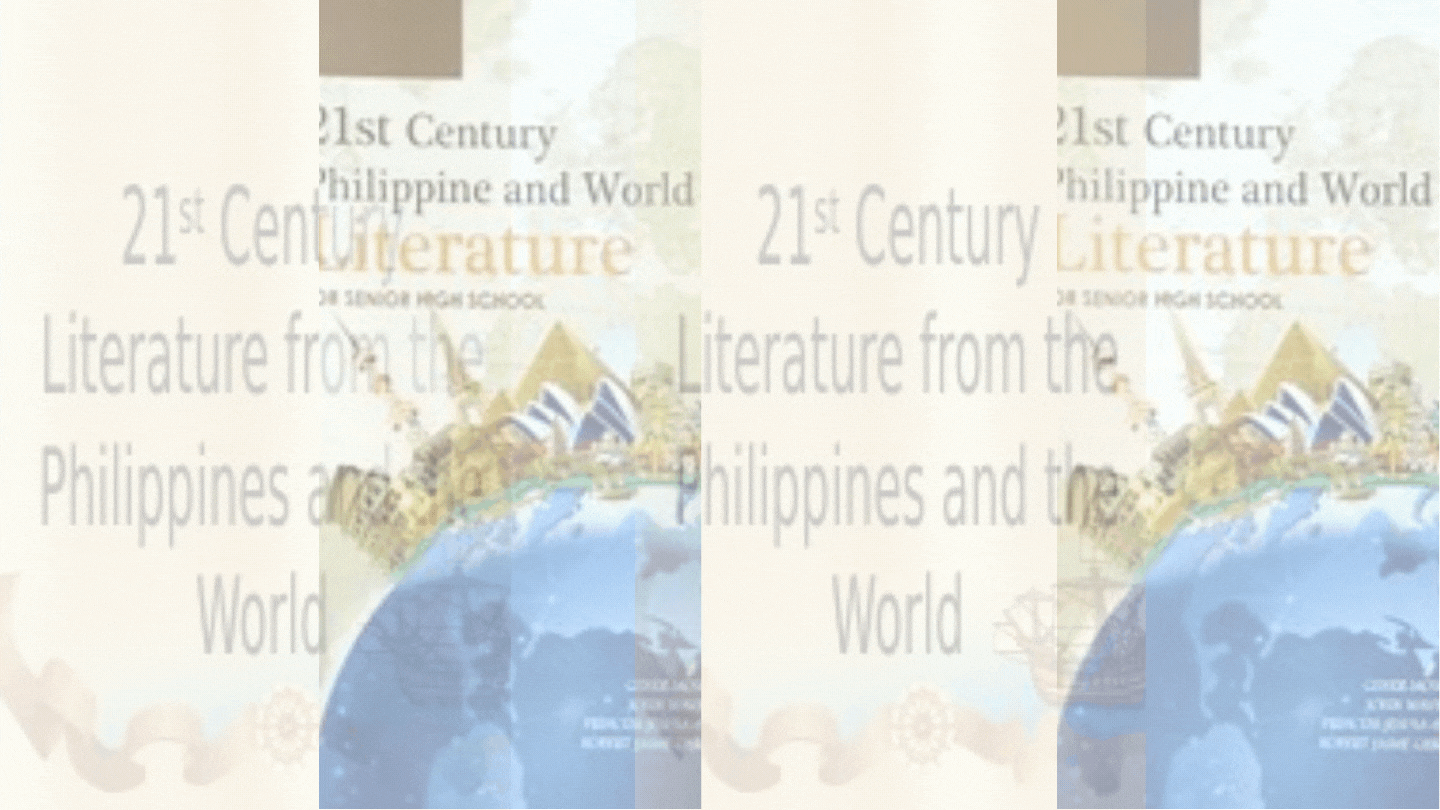
This course develops critical thinking and problem-solving skills through qualitative research. The learner is able to use appropriate kinds of research in making decisions.
Explaining the backstage aspects of qualitative research. Invoking the importance of research in daily life aside from describing the qualitative research characteristics, process and ethics. It will give the senior high students an idea about research in areas of interest such as arts, humanities, sports, science, business, agriculture and fisheries, information and communication technology and social inquiry.
Step by step details for learners to understand the qualitative research design; description of sample, data collection and analysis procedures.
Hoping that the learners will attain their learning competencies through tis qualitative research book in their daily life

This curriculum guide is an explanatory course in Bread and Pastry Production, which leads to National Certificate II (NC II). It covers five common competencies that a high school students ought to possess, namely; 1) acknowledge the used of tools, 2) maintenance of tools, equipment, and paraphernalia, 3) perform of mensuration and calculations, 4) interpretation of technical drawing and plans and 5) the practice of occupational health and safety procedures. The preliminaries of this exploratory course include the following: 1) discussion on the relevance of the course, 2) explanation of key concepts relative to the course, and 3) exploration of career opportunities.

Physical Education and Health offers experiential learning for learners to adopt an active life for fitness and lifelong health. The knowledge, skills and understanding which include physical and health literacy competencies support them in accessing, synthesizing and evaluating information; making informed decisions; enhancing and advocating their own as well as others’ fitness and health.
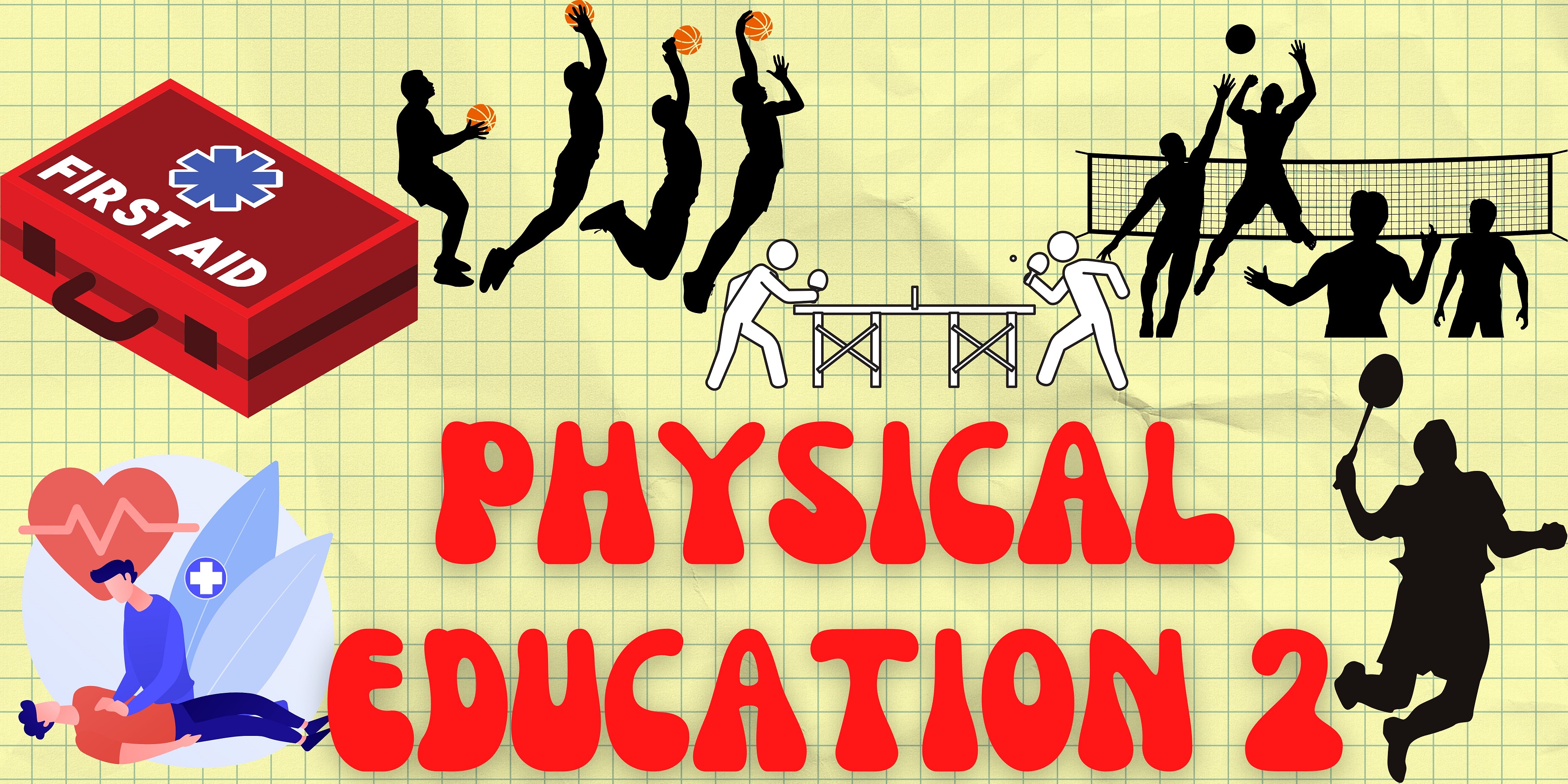
This subject is an introduction to the activity and process of philosophical reflection as a search of synoptic vision of life. The topics to be discussed include the human experiences of embodiment, being the world with others and the environment, freedom, inter subjectivity, sociality and being upon death.
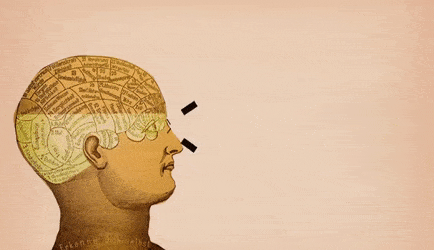
It aims to teach students to communicate effectively in diverse academic and professional situations.

